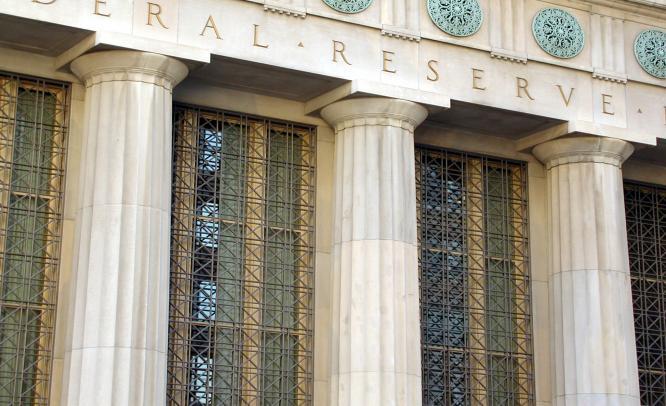Nigel Green
December 15, 2016: Investors do not need to accept lower returns because of the US Federal Reserve’s rate raise.
The Fed on December 14 announced a 25bp rate hike at the FOMC meeting. This takes the key Fed funds rate up to a range of 50bp-75bps.
The rate rise is only the first increase this year and just the second since June 2006. It is significant because it gives further weight to the considered argument that the era of very low inflation and interest rates may be ending. And not just in America – the world’s largest economy – but globally too, as the policies pursued by central banks since the financial crash of 2008 come under increasing attack.
And despite the Fed appearing to want to proceed cautiously, and not threaten a constant rise in rates during 2017, many investors believe there are more hikes to come due to the strength of the US economy and the likely policies of a Trump presidency.
Whilst there might be some degree of nervousness about the Fed’s move, and the likely dawning of a new era, investors do not need to accept lower returns.
There will be winners and losers, and those investors who have a good fund manager, who selects the right investments at the right time, will surely profit.
Ensuring proper portfolio diversification will also be essential to taking advantage of the rewarding opportunities and sidestepping the potential risks.
Savvy investors are likely to favor the dollar over other currencies, since higher Fed rates will attract overseas capital into the US and favour those sectors that will most likely benefit from the Trump stimulus and de-regulation that he has promised.
These include US financials – which are also benefiting from the steepening US yield curve – energy and pharma stocks. Japanese and European exporters will benefit from the strong dollar, though investors may want to hedge their euro and yen currency exposure.
It can be expected that they will also seek to avoid emerging markets. Higher US dollar borrowing rates threaten the viability of almost $9 trillion of emerging market corporate debt. This is because a stronger dollar makes interest and capital repayment more expensive in local currency and because when debt needs to be rolled over, the interest demanded may be much higher.
No matter what the Fed does with interest rates moving forward, investors who are well prepared and properly advised can look to build wealth as we move beyond the era of very low rates and inflation.
Nigel Green is the founder and chief executive of deVere Group

